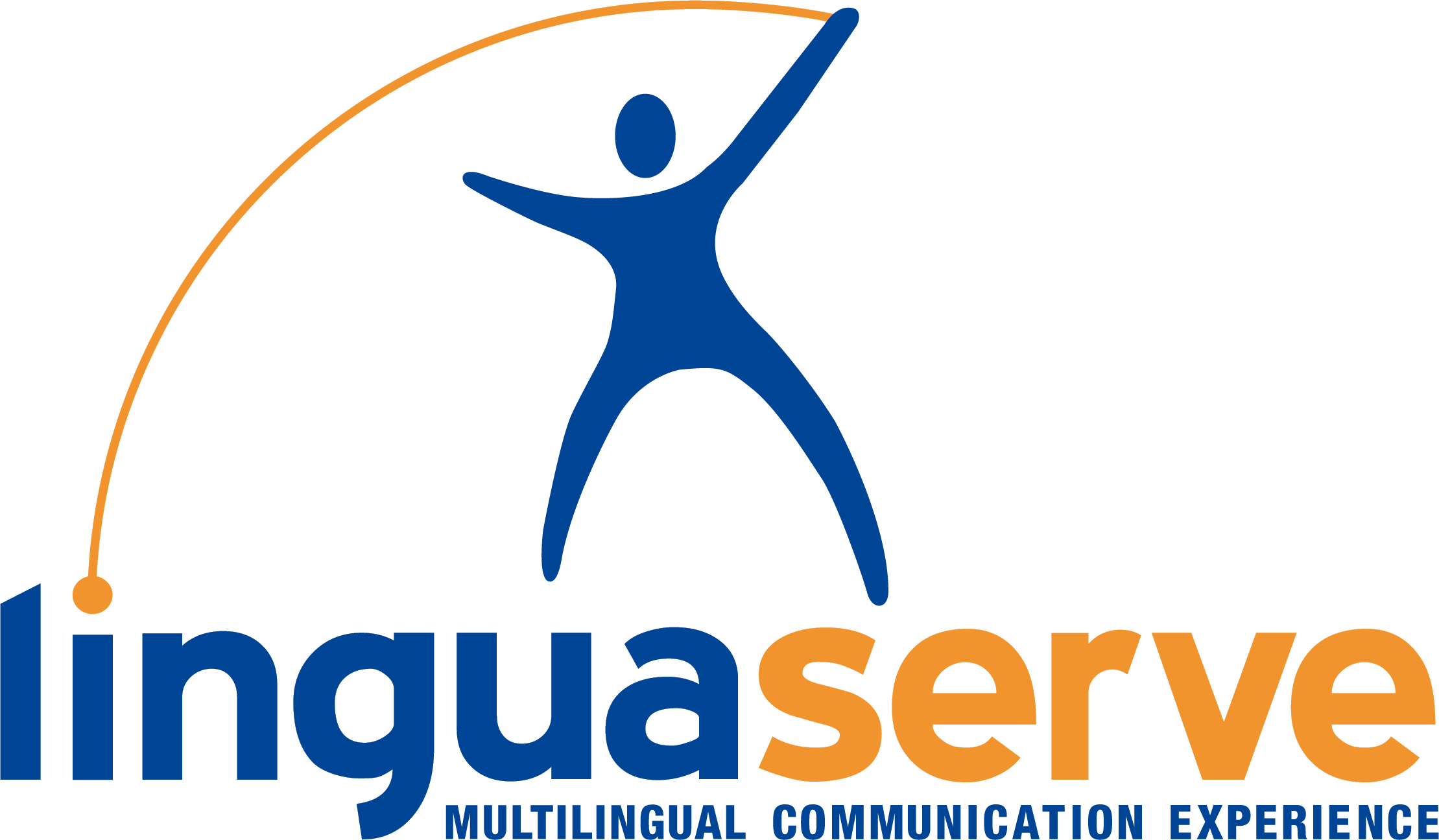If you want the content of your website to reach markets, rank relevant search engine positioning and appeal to your target audience, a perfect translation is essential. Website translation and localization are jobs you should take very seriously if you don’t want your content to lose quality and credibility to the user.
Errors to avoid without fail in website localization and translation
Regardless of the option you may choose for the localization and translation of your website, avoid errors that will ruin all the effort.
Resorting to free translation tools
Internationalizing a project requires an economic effort and lots of hours of work. Do you really want the risk of a generic translation? Spelling mistakes and deficient syntactic constructions are usual mistakes for this of tools, not to mention the translation of fixed phases or expressions that do not make sense in other languages, or can even be offensive, reason why website localization is also necessary.
Hiring non-native translators
When attempting to position in new markets and obtain clients in several countries, your website is your company’s showroom, and its content must be shown according to location context.
Make sure you can count on local translators that are familiar with the most appropriate terminology and will avoid contradictions and incorrect words.
Translating without localizing
Quality localization of your content takes into consideration the culture of the location, everyday expressions, dialects, etc. In a nutshell, each and every one of the particular elements of the place, fully optimizing the text, images and design accordingly.
Leaving parts of the website untranslated
A complete website localization and translation guarantees a satisfactory navigation experience for the user. It’s not only about explaining a product or offering a specific service. Currency, payment methods, measurement systems; absolutely all content must adapt to the language and culture of the target audience.
Professional website localization and translation assures website performance quality from any device and a perfect display.
Blocking SEO
SEO techniques vary in different languages. To keep positioning in new countries, keywords must not be translated literally, given different meaning or connotations would block visibility in search engines.
Keywords must be localized, not only translated.
Some translation errors that were the talk of the town
At the end of the ‘80s the American company KFC wanted to enter the Chinese market with the “Finger-lickin’ good” The translation was not correct and the Chinese read “eat your fingers” instead of “lick your fingers” which isn’t very nice, is it?
- In 1999, the Japanese automobile company Mazda launched a model called Laputa, (The b**ch for Spanish), the same name of an imaginary island in “Gulliver’s Travels.” Obviously, the name was not very well received in Spanish-speaking markets.
- A famous Spanish accessory brand decided to commercialize their designs in France. The catalog included the term “pulsera tipo esclava” (slave-type bracelets) used and understood in Spain, but not in France, where the word “slave” only means a person deprived of liberty.
Trusting a professional translation company such as Linguaserve will save you more than one mistake such as the aforementioned, by means of quality website localization and translation, avoiding harm to your company’s image through the texts that reach your users.







